Bragg Won’t Oppose Delaying Trump’s Hush-Money Sentencing, Leaves Decision Up to Judge Trump Calls ‘Highly Conflicted’
The district attorney also described as ‘bizarre’ President Trump’s repeated – and repeatedly refused – demands that the judge recuse himself over the political activities of his adult daughter.
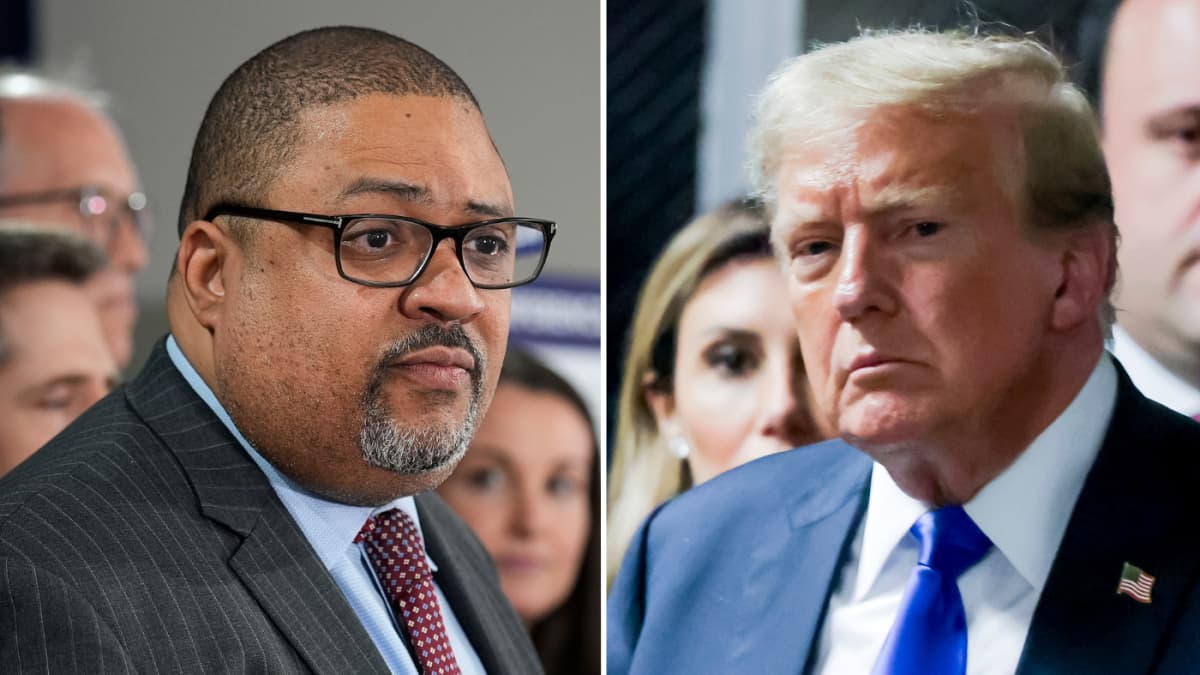
The Manhattan district attorney, Alvin Bragg, does not oppose adjourning the September sentencing date for President Trump in his criminal hush-money case, leaving the decision up to the presiding judge, Juan Merchan.
In a two-page letter, made public on Monday, prosecutors for the district attorney wrote that they “respectfully defer to the Court on the appropriate post- trial schedule.”
Trump, who was convicted in May of 34 felony counts of falsification of business records in an alleged scheme to interfere with the 2016 election, was scheduled to be sentenced on September 18. But last week, his defense team asked the judge to postpone the date until after the election, as the Sun reported.
Among several arguments the defense raised, the most pressing one concerned the upcoming decision by the judge on whether or not to throw out the verdict and the entire case based on the recent Supreme Court ruling on presidential immunity.
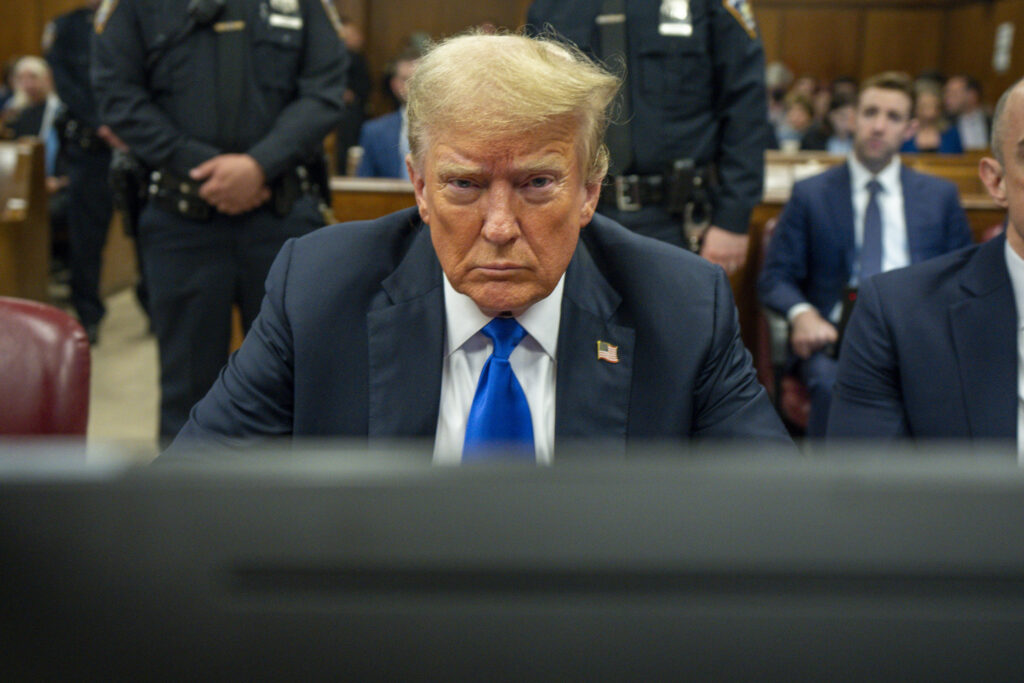
This summer, the Supreme Court ruled in a landmark decision that presidents have broad immunity from prosecution for official acts, meaning they cannot be prosecuted for actions they undertook in service of their duties as president. Hours after the ruling, Trump’s attorneys challenged the verdict and the indictment in the New York criminal case, arguing that parts of the evidence submitted by the prosecution, such as tweets and phone calls Trump received and made while he was the sitting president, and trial testimony given by key White House aides, were official acts and should be ruled inadmissible..
The judge postponed the sentencing, which was originally scheduled for July 11, to September 18 to review the matter and said he would reach a decision by September 16.
Last week, Trump’s lawyers criticized “the current schedule” as “highly expedited,” leaving “only a single day” between the decision and the sentencing.
Prosecutors agreed with the defense, writing, “It is correct that the denial of immunity from prosecution is immediately appealable.” They did, however, mention that the recent letter was the first time the defense had mentioned their intention to appeal the decision at a state and federal level. “Defendant’s letter indicates for the first time his intent to seek interlocutory state or federal appellate review, before he is sentenced,” the prosecutors wrote, adding that though the appeal’s process is an option, “there are strong reasons” the appeal should be denied.
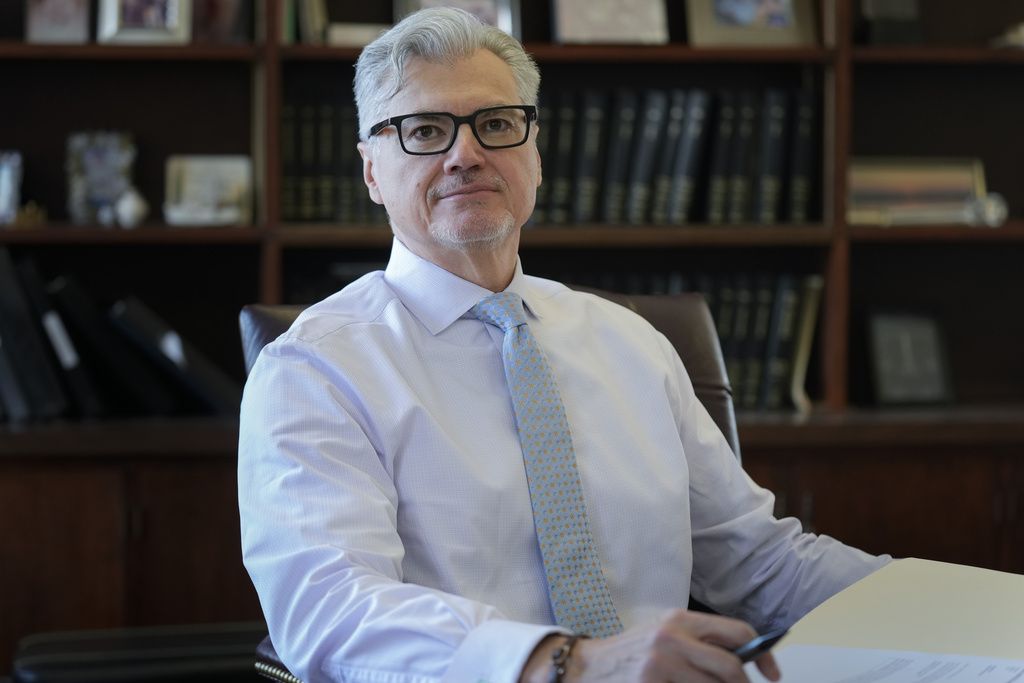
The evidence, which Trump characterizes as official-acts evidence, is only “a small subset of the trial evidence,” prosecutors argued, and the question at stake is whether or not the admission was harmful to the case or not.
Furthermore, “The Supreme Court’s recent decision did not consider whether a trial court’s ruling on that distinct evidentiary question is immediately appealable,” prosecutors wrote.
Regardless, the district attorney’s office referred the matter to the court, saying the judge should decide if he believed a postponement of the sentencing date was warranted.
“Nonetheless, given the defense’s newly-stated position, we defer to the Court on whether an adjournment is warranted to allow for orderly appellate litigation of that question, or to reduce the risk of a disruptive stay from an appellate court pending consideration of that question,” their Monday letter read.

Prosecutors were also “mindful that significant public safety and logistical steps by multiple agencies are necessary to prepare for court appearances in this matter.” During the six week trial, which took place at Manhattan criminal court in April and May, dozens of additional court officers were brought in to secure the premises inside and around the courthouse. Metal detectors were installed on the 15th floor, where the courtroom is located, and the entrance to the floor remained restricted to a limited and select number of people. To plan for such elaborate security measures, only to cancel them at the last minute, would be disruptive.
“The defendant’s newly-stated position concerning an immediate appeal,” prosecutors wrote, “may mean that significant preparatory steps are taken, only to have such steps disturbed by appellate litigation.”
In their letter, Trump’s team had reiterated, “for a fourth time”, as prosecutors noted on Monday, their belief that Judge Merchan should recuse himself from the case, only one day after he had rejected their third recusal motion.
The defense insists that Judge Merchan is “conflicted,” because his adult daughter, Loren Merchan, works as a political consultant at the digital agency Authentic, and has done campaign work for some of Trump’s most devout adversaries, including Representative Adam Schiff and the vice president and presumptive Democratic presidential nominee, Kamala Harris.

Prosecutors called the renewed recusal plea, “a recusal grievance based on false claims of a potential conflict that have already been rejected over and over by this Court, the First Department, and the Advisory Committee.”
Last year, when the defense first raised their concern, New York’s Advisory Committee on Judicial Ethics found that the judge’s daughter’s work did not impact his impartiality and ability to rule. The committee opined that “a judge’s relatives remain free to engage in their own bona fide independent political activities” and that “the matter currently before the judge does not involve either the judge’s relative or the relative’s business, whether directly or indirectly.”
However, the defense disagreed and argued that with Vice President Harris’ ascension to the top of the Democratic presidential ticket made a political bias more likely. Defense attorneys cited as extremely troubling social media posts in which a colleague of the judge’s daughter openly endorsed the Harris-Walz campaign.
Mike Nellis, a co-founder of Authentic and business partner of Loren Merchan, posted jubilantly in recent days on social media about giving the maximum amount to Ms. Harris, and heralded his work on the “White Dudes for Harris” initiative (Mr. Nellis had also written the GOP-controlled House Judiciary Committee to denounce its comments about Ms. Merchan).
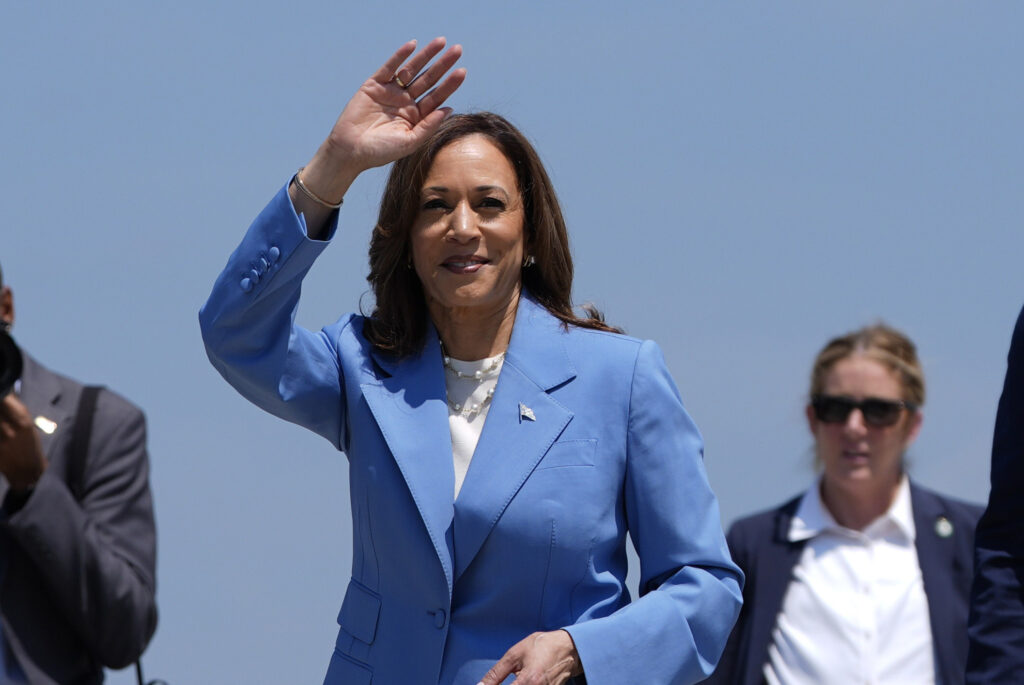
“Defendant’s ostensibly new argument about the Court’s family member’s co-worker’s tweets is bizarre and has nothing to do with the post-trial schedule,” prosecutors argued on Wednesday.
Last but not least, the prosecution addressed the defense’s concern about their “public sentencing submission.” Before a convicted felon is sentenced, the prosecution submits a recommendation to the judge for what they believe to be an appropriate punishment.
In Trump’s case, most legal scholars agree that a prison sentence is highly unlikely, especially since he has no prior convictions. When Trump was found guilty of the 34 felony counts, he became the first former president in the history of America with a felony conviction. At the heart of the case was a $130,000 hush-money payment that Trump’s then personal attorney, Michael Cohen, made to the pornographic performer, writer and director Stormy Daniels, whose real name is Stephanie Clifford, in 2016 to buy her silence about her claim that she had a single sexual encounter with Trump at a celebrity golf tournament at Lake Tahoe in 2006. The prosecution accused Trump of directing Cohen to wire the money to Ms. Clifford and then disguising his reimbursement to Cohen as a legal fee. Trump denies all charges and says he never had sex with Ms. Clifford.
“I didn’t have sex with a porn star,” he said at his June 27 debate with President Biden.
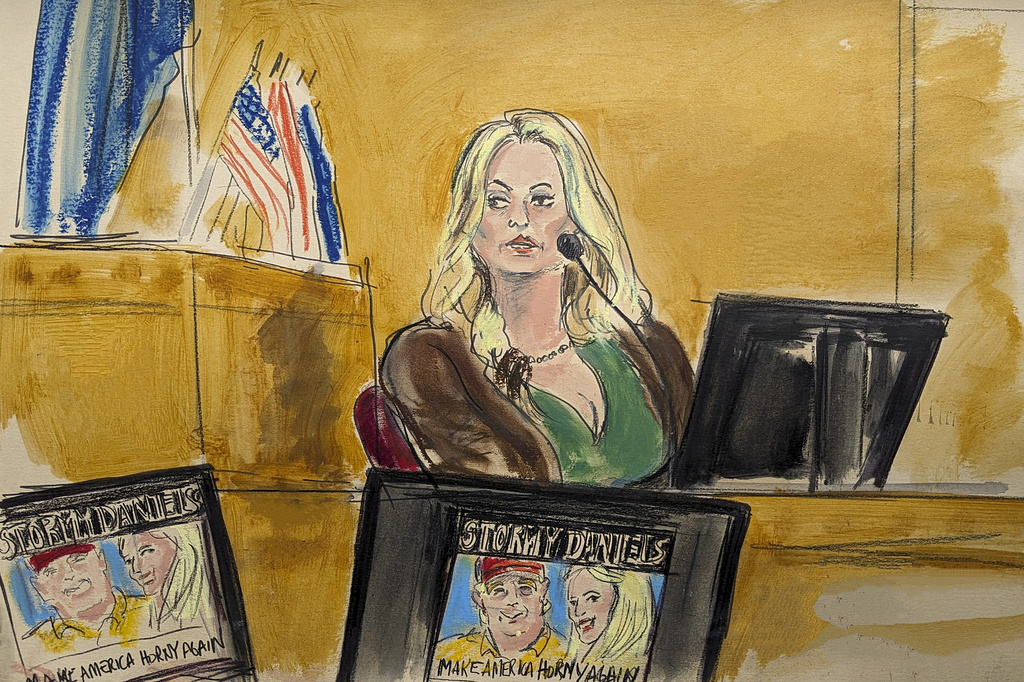
Under New York law, the class “E” felonies Trump faces are punishable by up to four years in prison per offense and-or a fine of up to $5,000, again per offense. Trump could theoretically face up to $170,000 in fines and 136 years in prison. A likely sentence for his charges would be probation, house arrest, a fine or a conditional discharge, whereby Trump would not be meted a harsher punishment lest he commit a further offense within a stated period of time.
However, Trump is no ordinary defendant. He is known for his unpredictable behavior in the courtroom and is also disliked in Manhattan and political observers (if not legal observers) believe anything could happen at sentencing.
The defense raised concerns that a publicized sentencing recommendation could harm Trump’s image in the eyes of the voters. But the prosecution reminded the attorneys that any such “pre-sentence memorandum” would be “sealed.” And that the “only way the memorandum would become public is if the Court orders otherwise or the defendant unlawfully discloses it.”
The district attorney’s office did not reference any possible new dates, leaving the question of whether the sentencing would occur before or after the election entirely up to the judge.

